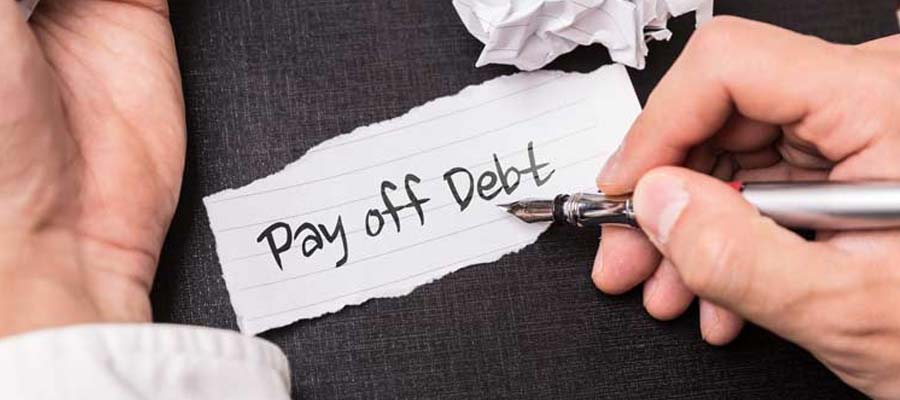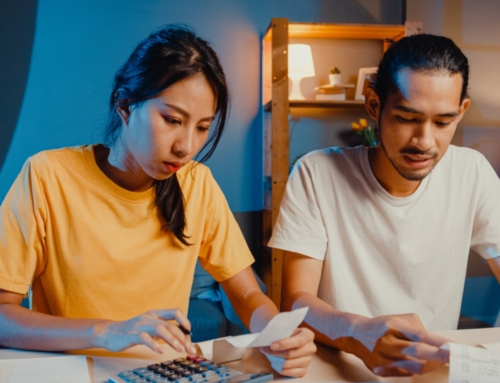People who file bankruptcy want to know what happens to their residential lease when they file their bankruptcy case. Folks want to know if the bankruptcy filing will affect their lease payments and security deposit on the premises. The response to this question most often depends on what the debtor wants to do with the leased premises.
Most people who rent a property, whether an apartment or a private residence, often have a written lease with the landlord. The lease has the specific terms of the contract between the landlord and tenant, including the amounts to be paid, the amount of time governing the lease contract, and the amount of the security deposit, among other things. Those who don’t have a lease, very likely don’t have one because it is a month-to-month rent, or the lease term has expired.
The main question that clients ask at the bankruptcy consultation is whether the bankruptcy filing may cause their landlord to force them to vacate the premises if they want to stay in the leased premises. They also ask if they can in the alternative, leave the premises without having to comply with the lease terms once the bankruptcy is filed. Sometimes there is fear that the landlord will increase the rent because of the bankruptcy filing! It all boils down to the main questions of whether the renter is stuck with a long-term lease for a rental they don’t like, if they are they going to be displaced by the landlord, or if they can continue to live on the property without paying while in the bankruptcy?
The bankruptcy petition and schedules filed by the debtor in a bankruptcy case, requires that the tenant state his or her intention as to whether the debtor is going to keep the lease or terminate the lease. There is a court document that the renter as debtor has to sign which confirms their position as to the lease. If you assume the lease you are letting the landlord know that you will be continuing to live there and to pay on a timely basis, even if you have no current lease. If you reject the lease you are letting the landlord know that you will be vacating the premises and that you will not be paying the monthly amounts owed.
Whether you decide to assume the lease and keep the premises or reject the lease and terminate the contract, the bankruptcy estate has the right to consider keeping your security deposit. Because the security deposit is a sum certain, it has a value that the trustee will want to keep if it is not protected by your attorney and bankruptcy law. Most often than not, an experienced bankruptcy attorney will be able to protect your security deposit under the bankruptcy exemptions allowed in your state. Please ask your bankruptcy attorney to discuss your particular situation as it pertains to your residential lease with you before your bankruptcy is filed.






